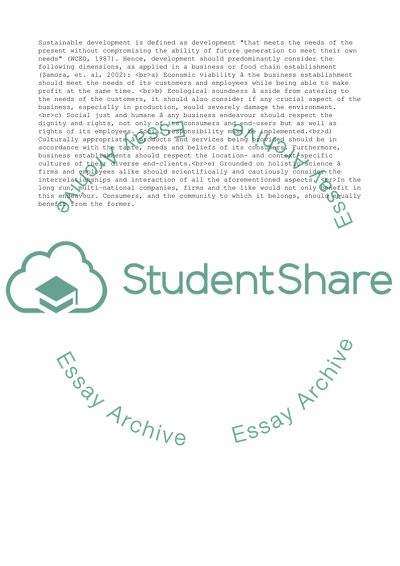Cite this document
(“Fast Food and Sustainable Development: McDonalds Case Study Essay”, n.d.)
Fast Food and Sustainable Development: McDonalds Case Study Essay. Retrieved from https://studentshare.org/business/1539435-fast-food-and-sustainable-development-mcdonalds-case-study
Fast Food and Sustainable Development: McDonalds Case Study Essay. Retrieved from https://studentshare.org/business/1539435-fast-food-and-sustainable-development-mcdonalds-case-study
(Fast Food and Sustainable Development: McDonalds Case Study Essay)
Fast Food and Sustainable Development: McDonalds Case Study Essay. https://studentshare.org/business/1539435-fast-food-and-sustainable-development-mcdonalds-case-study.
Fast Food and Sustainable Development: McDonalds Case Study Essay. https://studentshare.org/business/1539435-fast-food-and-sustainable-development-mcdonalds-case-study.
“Fast Food and Sustainable Development: McDonalds Case Study Essay”, n.d. https://studentshare.org/business/1539435-fast-food-and-sustainable-development-mcdonalds-case-study.


